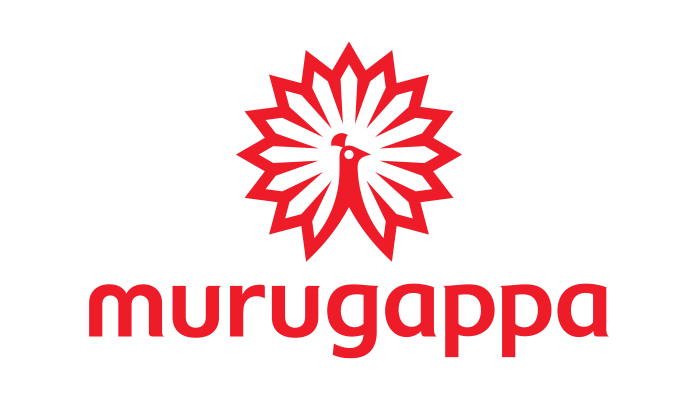Murugappa Morgan

Blankets
High performance, high-temperature blankets to solve your thermal management challenges.
High-temperature, high-performance thermal insulation blankets from Thermal Ceramics provide effective thermal management in industrial, transportation, construction and consumer applications.
Our portfolio of fibre blankets is used to protect equipment and people, conserve energy, and reduce emissions to deliver a more sustainable operational process in some of the most demanding environments in the world.
Our range comprises of the following fibre grades:
- Superwool® Low Biopersistent Fibres (LBP)
- Alkaline Earth Silicate Fibre (AES):
- Superwool Plus classification temperature of 1200°C (2192°F)
- Superwool Prime classification temperature of 1300°C (2372°F) - New innovation
- Potassium Alumino Silicate Fibres (PAS)
- Alkaline Earth Silicate Fibre (AES):
- Refractory Ceramic Fibres:
- Kaowool® classification temperature of 1260°C (2300°F)
- Cerablanket® classification temperature of 1260°C (2300°F)
- Cerachem® classification temperature of 1430°C (2600°F)
- Polycrystalline Wool Fibres
- Denka® and Maftec® classification temperature of 1600°C (2912°F)
Blanket Product Data Sheets
Our Superwool blankets offer exceptional performance-to-weight ratio and are resistant to chemical attack.
Superwool is an engineered solution that is ideally suited as an alternative solution to RCF based fibres in some applications. Benefits of Superwool fibres include:
- Lower thermal conductivity over some RCF fibre materials, resulting in an improved insulation performance by up to 20%
- Our Superwool Plus fibres feature less shot resulting in a tighter fiber matrix
- Lower density grade of Superwool in place of an RCF material features a material weight savings up to 25%
Superwool fibres are exonerated and are not classified as carcinogenic by IARC or under any national regulations on a global basis. They have no requirements for warning labels under GHS (Globally Harmonised System for the classification and labelling of chemicals). In Europe, Superwool fibres meet the requirements specified under NOTA Q of European Directive 67/548. All Superwool fibre products are exempt from the classification and labelling regulation in Europe.
RCF blankets are lightweight and strong for easier installation, have low thermal conductivity and heat storage capacity for effective energy savings, and good thermal shock resistance for use in difficult environments.
Kaowool blankets feature controlled density, high tensile strength, and resiliency and are classified to 1260°C (2300°F). Cerablanket is classified up to 1315°C (2400°F) and is a spun blanket manufactured from a high purity blend of alumina-silica. Cerachem offers excellent chemical stability and strength and has superior acoustic as well as thermal insulation characteristics. It is classified to 1426°C (2600°F).
Polycrystalline Wool Fibres (PCW) are ideal for high temperature and chemically aggressive applications. These fibres are manufactured by sol-gel technology using processes specifically designed to produce fibres of defined dimensions. These blankets are more resistant to acid and alkaline solutions than conventional fibre blankets and have exceptionally good thermal insulation characteristics. They are classified to 1600°C (2912°F).
Applications
- Chimney and duct insulation in power generation plants
- Pipe insulation in high temperature processing plants
- Linings and back-up insulation for all types of furnaces, heaters and kilns
- Insulation of steam turbines and hot boxes
- Exhaust and heat shield cladding
- Vehicles and domestic appliance insulation
Superwool XTRA : Non-Forming Respirable Crystalline Silica
Explore more Product and System resources
-
Brochures and Flyers
-
Thermal Ceramics Solutions Fibre, Refractory & Microporous Insulation Brochure
Download (pdf 2.91mb) -
Thermal Ceramics At a Glance
Download (pdf 278.78kb) -
Superwool Plus and Superwool Prime Low Biopersistent Fibres Portfolio
Download (pdf 2.83mb)
-
-
Installation Guidelines Manuals
-
Pyro Bloc M Module Design And Installation Manual
Download (pdf 1.59mb)
-
-
Case Studies
-
Case Study: Superwool Prime in Anode Baking Furnace
Download (pdf 1.44mb) -
Case Study Superwool® Prime For Roof In Ceramic Tile Kiln
Download (pdf 319.65kb) -
Case Study: WDS Microporous in back-up insulation for Iron and Steel ladle
Download (pdf 742.94kb)
-

